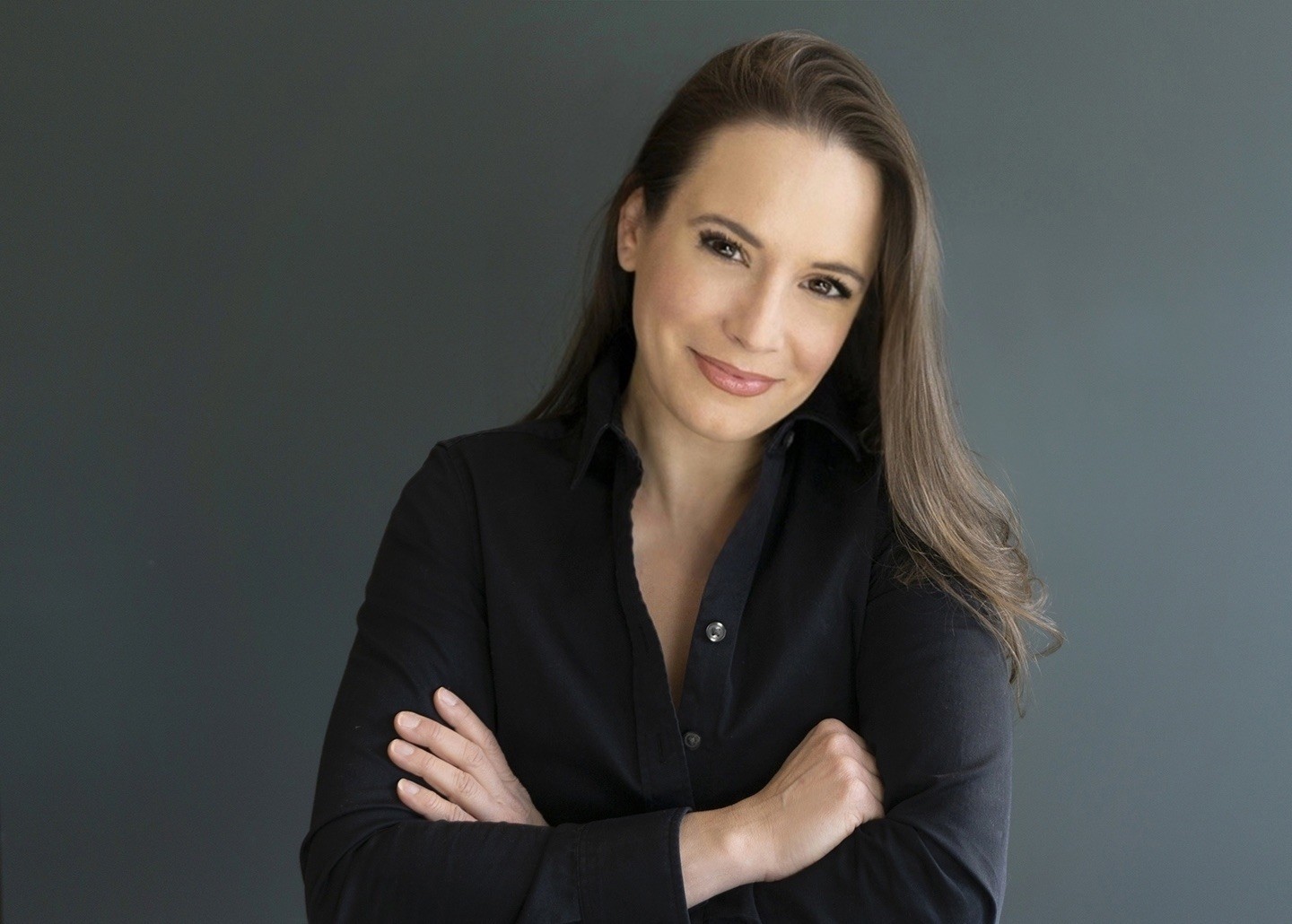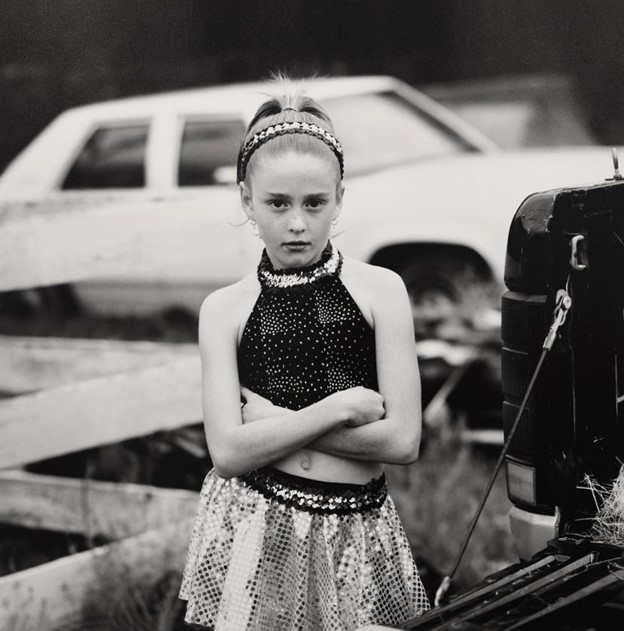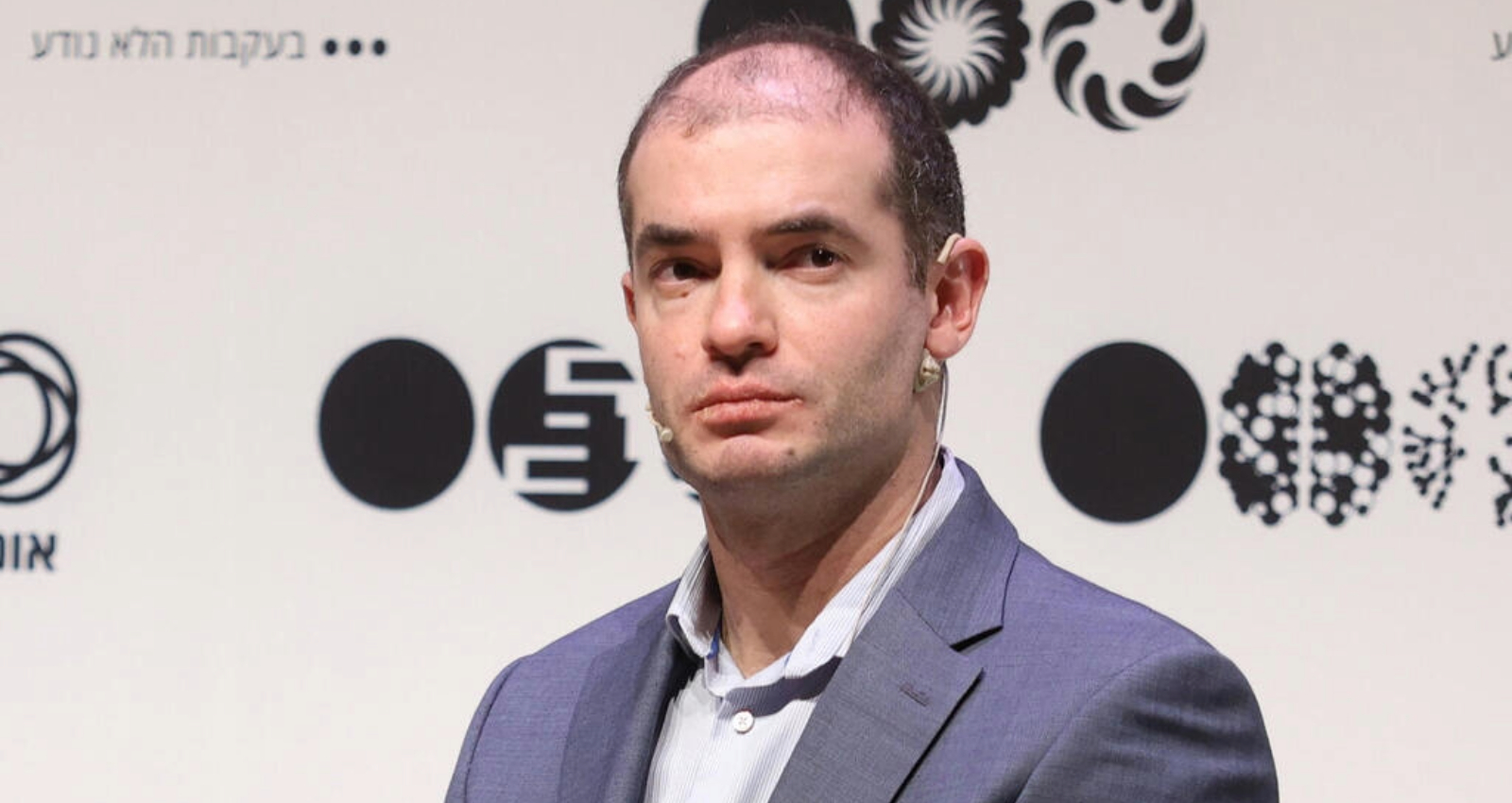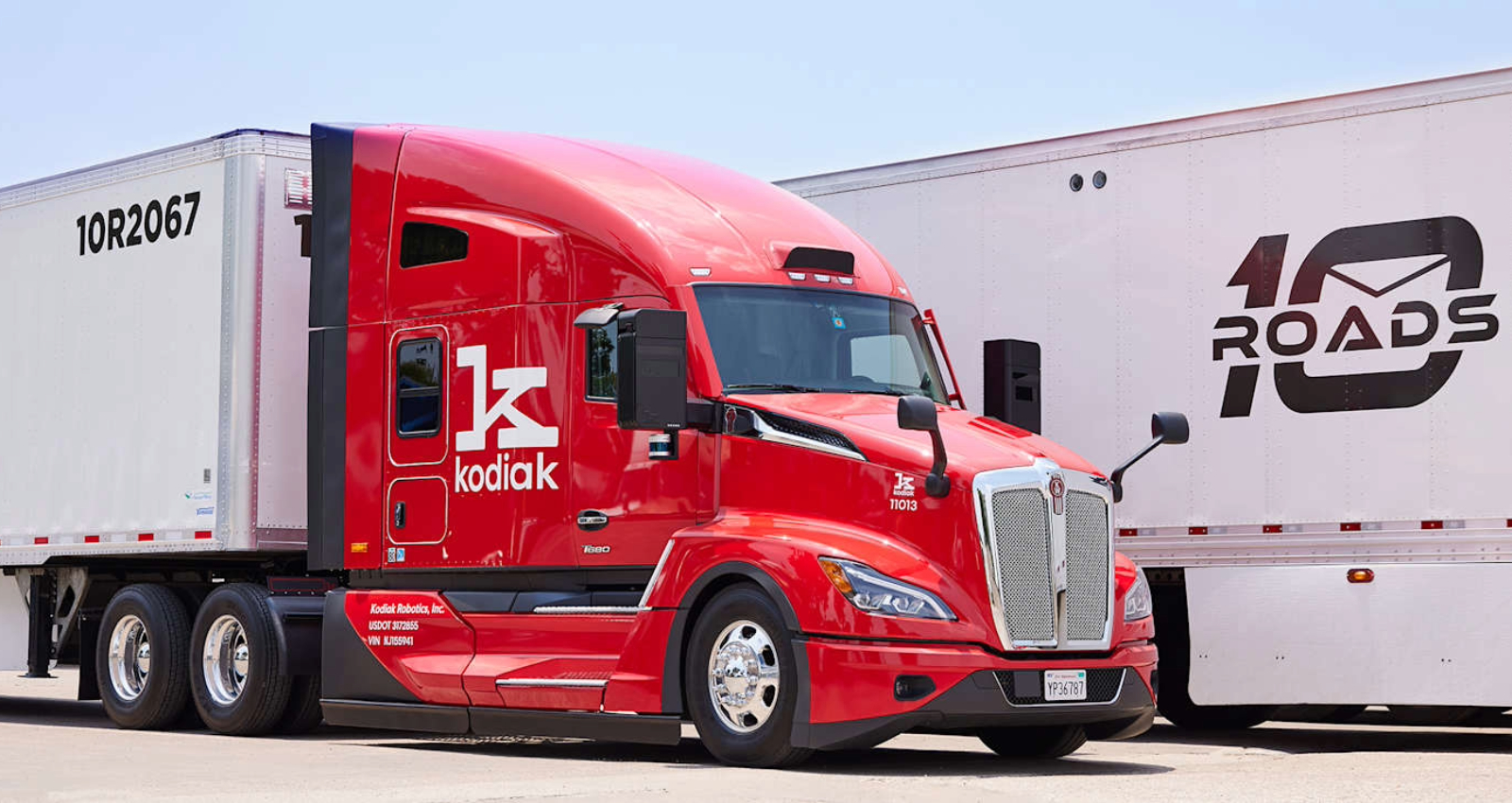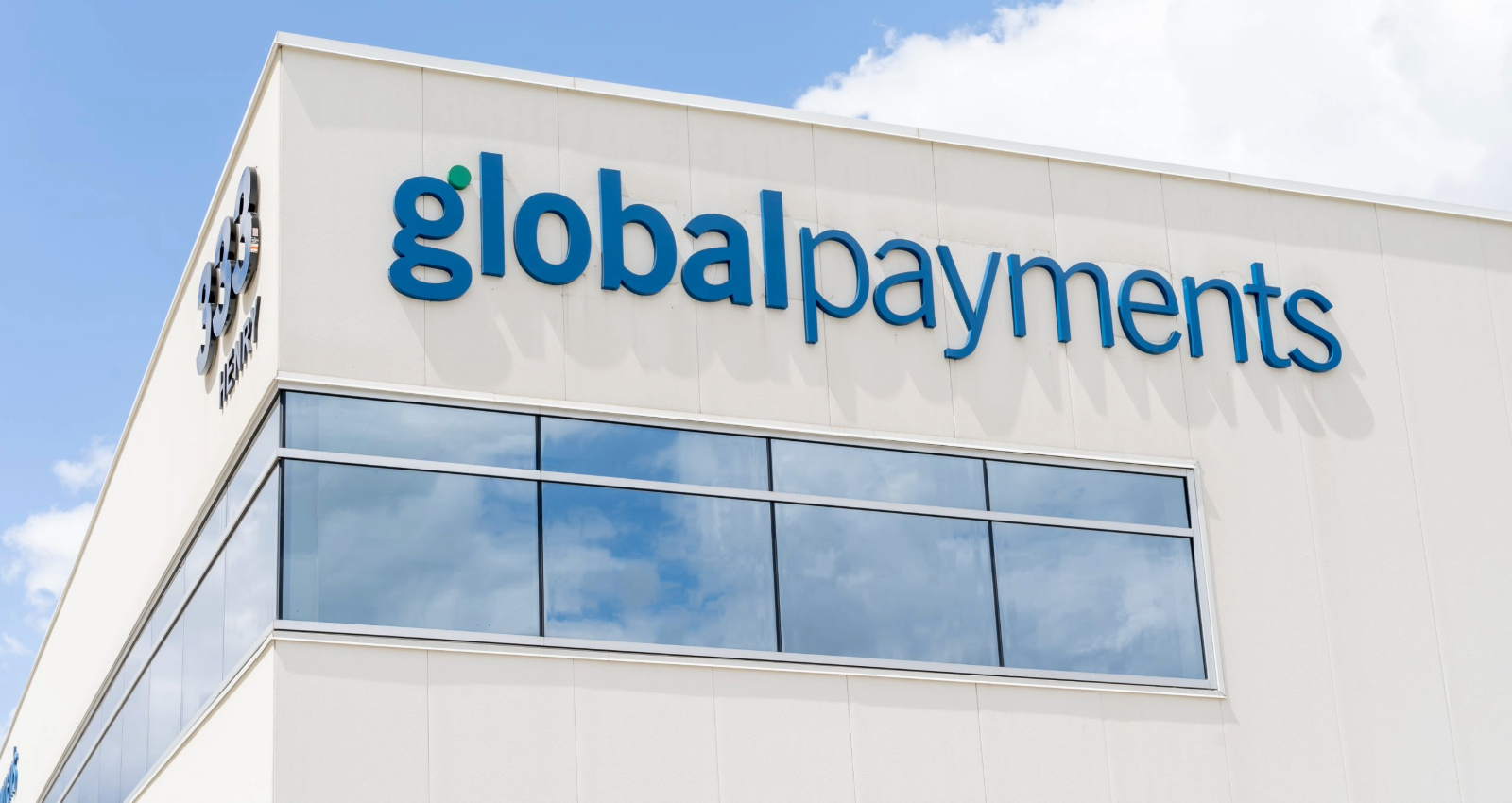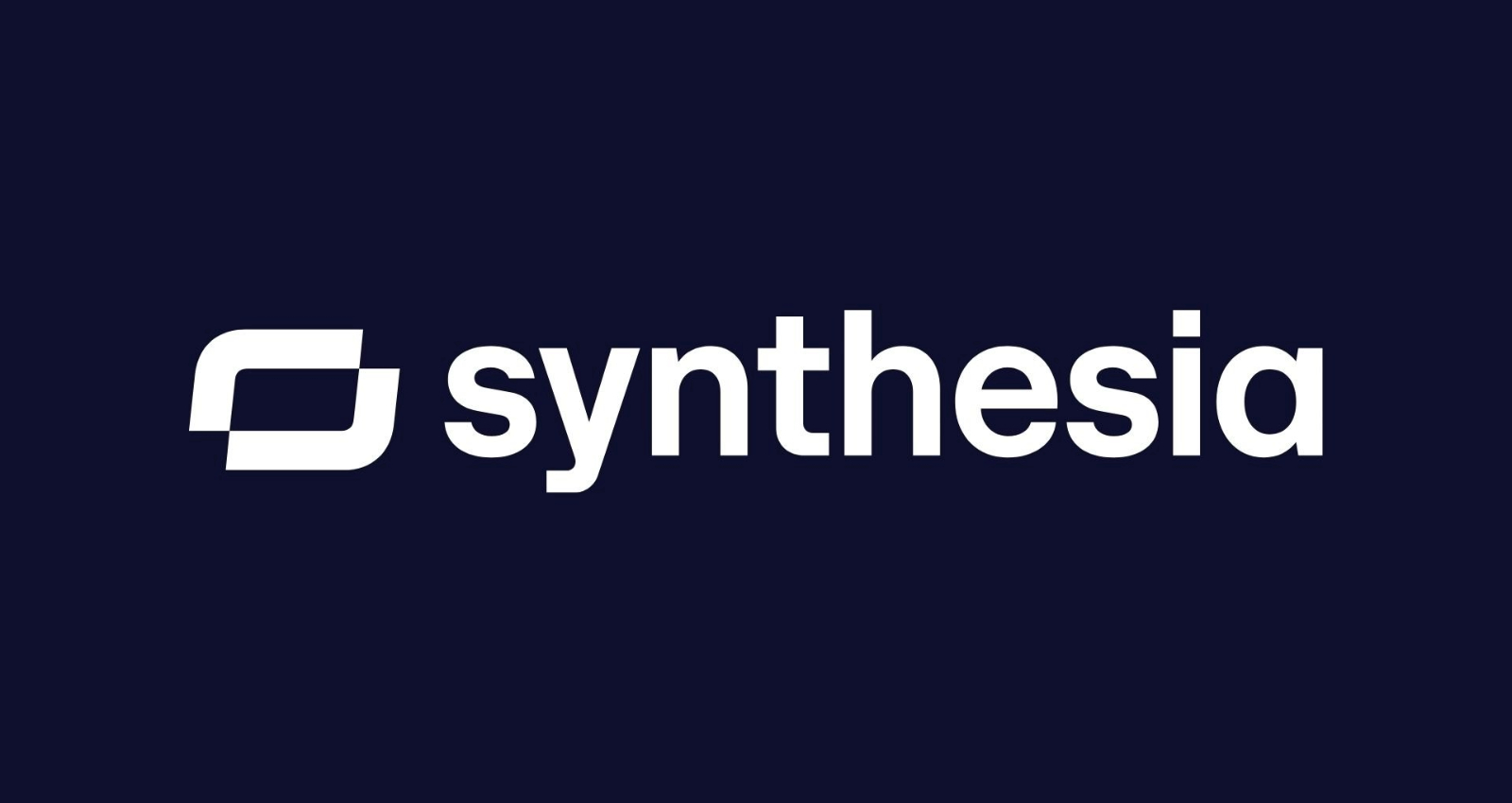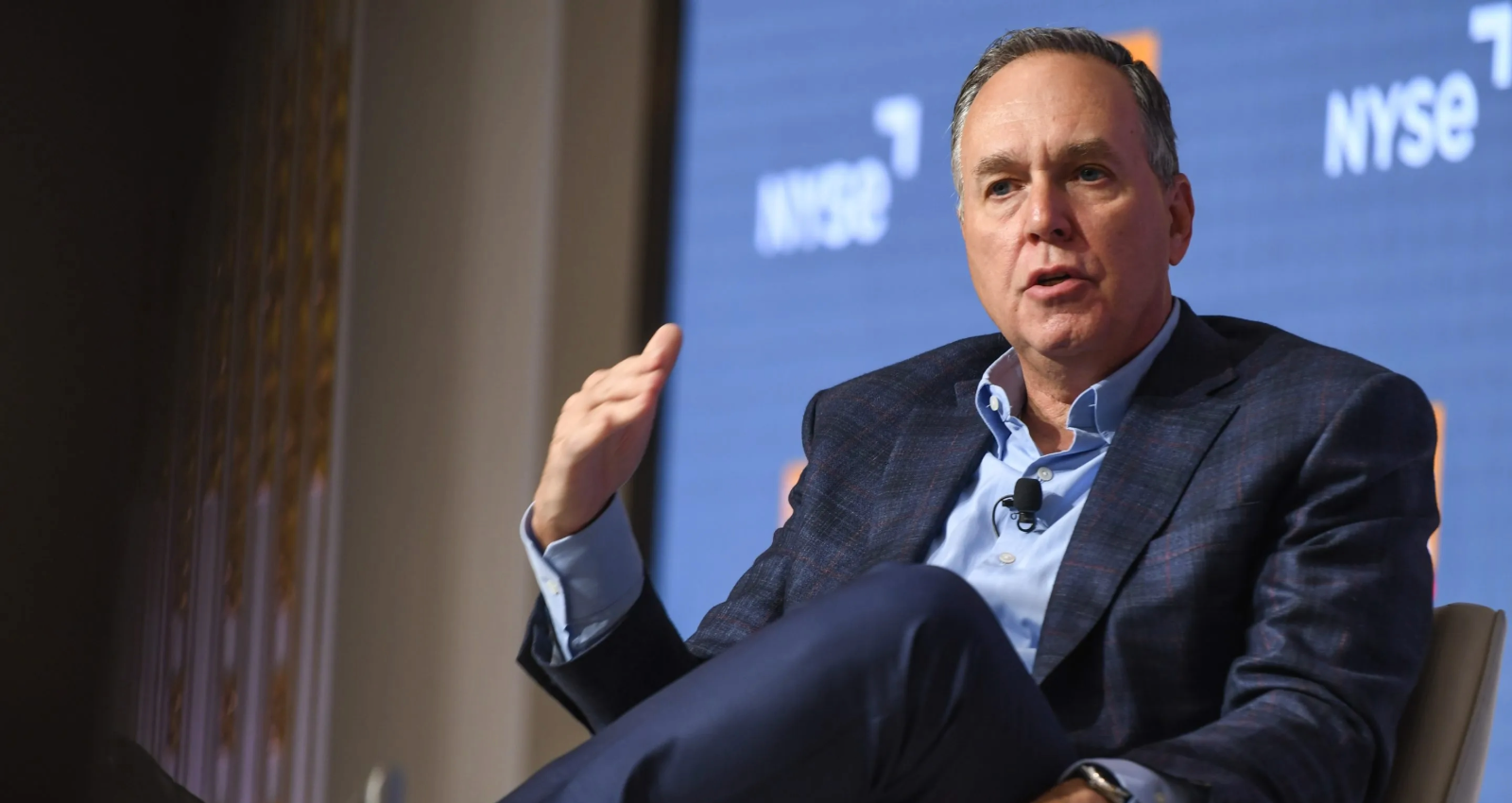- May 14, 2025
Mark Zuckerberg Still Not Over Snapchat for Turning Down His $6 Billion Buyout Offer
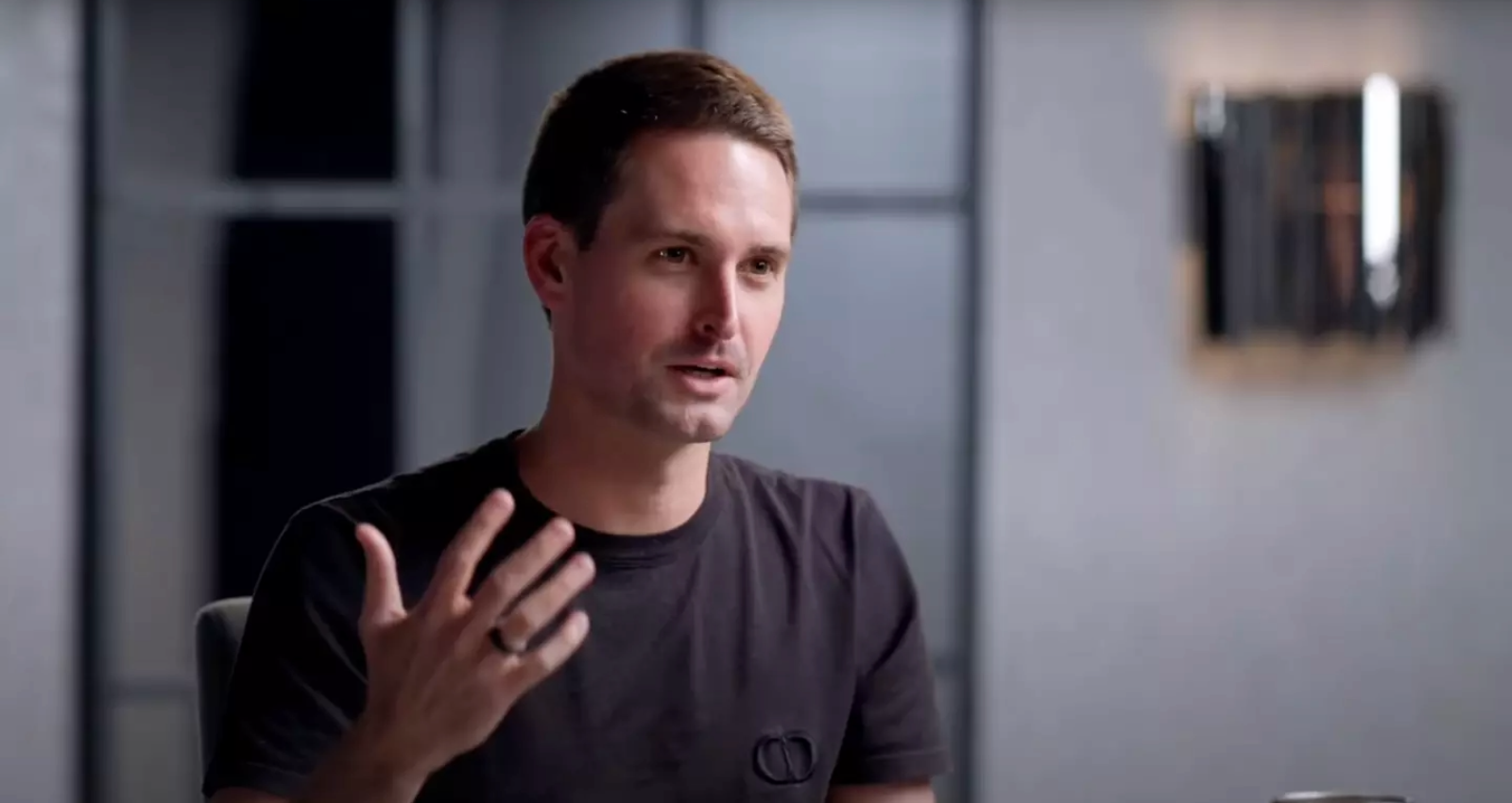
More than a decade later, Mark Zuckerberg still seems bitter about the Snapchat acquisition deal that never happened.
During testimony in Meta’s blockbuster antitrust trial, the failed deal came back into focus. And judging by his words, it’s clear that he still hasn’t moved on.
“We Would Have Accelerated Their Growth”
During his second day on the witness stand in Washington, D.C., Mark Zuckerberg revisited the 2013 offer to buy Snapchat for $6 billion and made it clear that he thinks they made the wrong call.
“I think if we had bought them, we would have accelerated their growth,” he testified.
Mark Zuckerberg explained that at the time, he believed Snapchat “wasn’t growing at the potential that it could” and implied Meta could have helped.
He didn’t stop there. In court, he also called Snapchat “a meaningful competitor” back then and now.
His comments gave the Federal Trade Commission (FTC) fresh ammunition. The agency argues Meta has a history of trying to dominate social media by buying out rivals rather than competing.
Mark Zuckerberg’s Own Email Words
The resurfaced details stem from an October 2013 email Mark Zuckerberg sent to fellow Facebook executives. In it, he recapped a conversation with Snapchat co-founder and CEO Evan Spiegel about the acquisition.
“I delivered the offer to Evan and he seemed to take it well,” he wrote, referring to Snapchat cofounder and CEO Evan Spiegel. “He told me he thought he could get it done and that he’d call me back quickly.”
That call never came.
Instead, Spiegel turned down the offer, and Snap decided to stay independent. Mark Zuckerberg recognized the offer could cause a stir if it leaked and warned colleagues about it in the same email:
“At this point, we should probably prepare for it to leak that we offered $6B for them and all the negative that will come from that.”
The rejection marked a rare high-profile miss for him, who had already built a reputation for swallowing up rising competitors.
Snap Fights Back
Snap spokesperson Monique Bellamy pushed back sharply on Mark Zuckerberg’s claims, pointing to the broader dangers of anticompetitive behavior.
“Anticompetitive behavior can often slow and thwart growth for smaller companies and startups, especially when dominant companies like Meta use their size and position to stifle competition,” Bellamy told Business Insider.
She added that after Snap rejected the buyout, Meta aggressively copied Snap’s features, but Snap still managed to survive and thrive.
“Public reports of Meta’s attempt to buy Snap, and then egregiously copy its features, were an attempt to do just that,” Bellamy said. “Nonetheless, Snap has remained a popular and viable competitor to companies like Meta because we’ve continued to innovate and build products and services that people find useful and fun.”
Meta’s Defense
Meta also issued a response, seeking to redirect the narrative.
A spokesperson told Business Insider, “As Snap has repeatedly acknowledged, they operate in fierce competition with us and many others, and this competition drives innovation across the full ecosystem to improve features that benefit consumers.”
The spokesperson continued:
“But the core issue of this case is not this, it’s the FTC’s claims that we don’t compete against TikTok, YouTube, and many others with the same features.”
What’s at Stake Now?
The FTC’s case is bigger than just the Snapchat saga. Regulators argue that Meta’s acquisitions of Instagram and WhatsApp were part of a “buy or bury” strategy that illegally cemented its monopoly. If the court sides with the FTC, Meta could be forced to divest from its prized platforms.
And while the trial grinds on, Mark Zuckerberg’s testimony about the Snapchat deal adds a personal, very human element to the case. A proof, perhaps, that Meta didn’t just see competitors, it feared them equally. And sometimes, when it couldn’t buy them, it tried to beat them into submission.
As for Snap, the company’s survival and steady evolution have proven that sometimes, the best response to a $6 billion offer is a polite but firm “no thanks.” In Silicon Valley, missing a deal can haunt you. But getting rejected? That’s a wound that, even for titans like Mark Zuckerberg, never fully heals.

